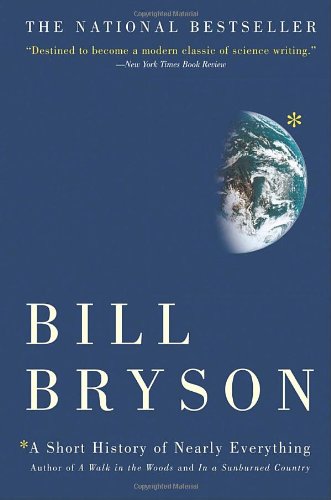So I was watching a few programs yesterday about space. They were mostly focused on planets. During the programs they were discussing the planets components all they way down to the core. As you probably know that they send satellites out into space to get their info. None of these satellites have the capabilities to survive the harsh conditions of the planets. They stated that. So basically they know nothing hardly. They have also stated how big the sun is. But how could they know that? Nothing could get close enough to the sun to accurately measure it's size and how ridiculously big it is. How about all the galaxies? Whose to say there is a lot or a few. Surely no telescope could ever measure that.
That led me to think of how much scientist actually know.
This same question came into my head while being in a thread discussing pain. How can u accurately measure pain? Of course you can say a bullet shot would hurt worse than a stomach ache but when it comes to extreme pain such as natural childbirth or cluster headaches. How can we truly determine the pain felt unless we have experienced both?
what are some of the things that scientist claim they know about but you actually think they don't? I say space. Everything is mostly theories even though they act like a lot are facts.
I'm amazed you morons graduate high school anD still don't know theories in science are facts.


